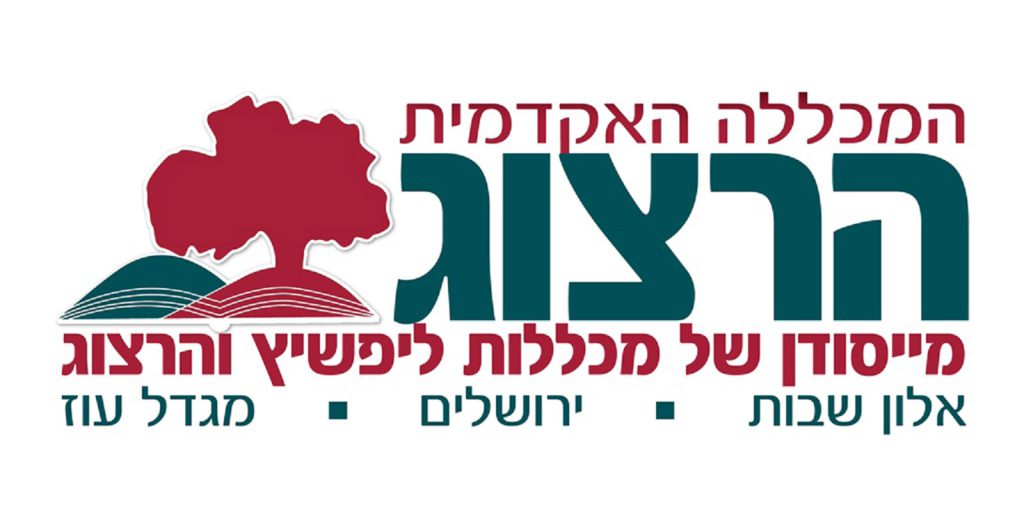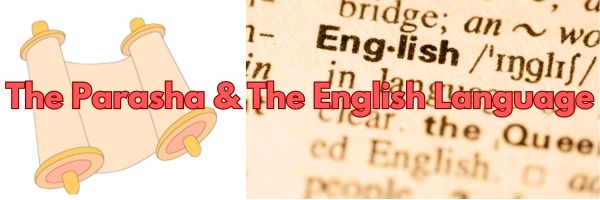In this parasha, after leaving Egypt and crossing the Red Sea, the Israelites complain about the lack of food in the desert. In response, God provides manna, a miraculous food that sustains them throughout their 40 years of wandering. The word "manna" has since entered English as a metaphor for any unexpected or providential source of sustenance, relief, or benefit, often regarded as a divine gift.
The phrase "manna from heaven" is commonly used to describe unexpected blessings or fortuitous events, such as receiving financial aid just when it is most needed. In literature, "manna" frequently symbolizes divine or providential assistance, appearing in works like John Milton's Paradise Lost and contemporary novels, always carrying the connotation of a miraculous or unforeseen boon.
An intriguing connection between the naming of manna and the word “kangaroo” lies in the process of naming something new based on a misunderstanding or question. The Israelites, encountering the mysterious food in the desert, asked "man hu" (מן הוא), meaning “What is it?” This question became the name of the miraculous sustenance that would support them for decades. Similarly, a popular story about the word "kangaroo" suggests that when European explorers asked Indigenous Australians the name of the animal, the response “kangaroo,” allegedly meaning “I don’t understand,” was misunderstood as the name of the creature. Though the historical accuracy of the kangaroo story is debated, both instances reveal how a moment of confusion can lead to the naming of something new, turning a question or misunderstanding into an enduring and endearing term.


